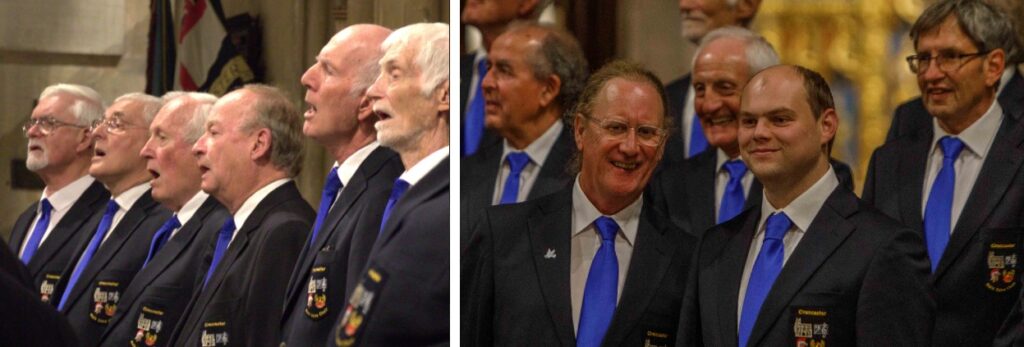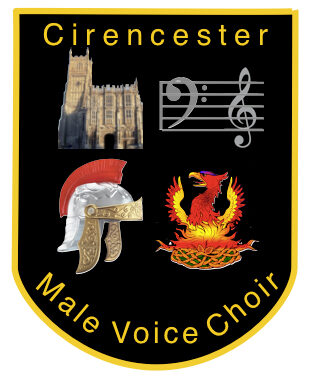Men only choirs might seem outdated, but they are rooted in both historical traditions and the unique qualities of male voices. Here are some key factors:
Historically, choral music was divided by gender. Often, men sang in all-male choirs and women in all-female choirs. This reflected broader societal gender roles. In many Western choral traditions, particularly in religious or classical settings, male choirs have long played a prominent role. The presence of male voice choirs in these traditions was often tied to the roles of men in church services, public events, and cultural institutions.
- Religious and Ceremonial Contexts: In many church choirs, particularly in Catholic and Anglican traditions, the choir was often composed exclusively of male singers, especially prior to the modern era. This was in part because women were restricted from certain public roles and spaces, including church music performance, which was often male-dominated.
- Social Structure: Male voice choirs were also a reflection of traditional gender roles. Men were the public performers, and women often stayed out of the limelight in such contexts.

The unique qualities of male voices—the distinction between baritones, tenors, and basses—create a distinctive and rich sound. The basses provide a deep, resonant foundation to the choir’s sound. The tenor and baritone sections offer a range of harmony and contrast. The harmonic structure of male voices, especially in traditional choral music, is often seen as having a distinct character compared to mixed choirs or female choirs.
Built around Communities
Male voice choirs often serve as a means of fostering male community and camaraderie. In many cases, especially in the 19th and early 20th centuries, male choirs were formed around specific communities, such as working-class men, miners, or military personnel. These choirs often functioned as social clubs. Here, men could come together, create bonds, and express themselves musically.
- Miners’ Choirs: In places like Wales, male voice choirs became iconic, particularly among coal miners. The choirs were often part of a working-class community’s identity, with music providing an outlet for expression and solidarity.
- Military and Naval Choirs: Military institutions and naval forces also had male choirs. These choirs helped build esprit de corps and served as part of ceremonial duties or morale-building activities.
Many male choirs are dedicated to preserving specific styles of music, particularly classical, folk, or regional choral traditions. These traditions have historically been performed by male singers. These choirs often focus on classical or romantic-era compositions that were written specifically for male voices or choirs.
So while it may seem that men only choirs are outdated, their continued existence helps keep these traditions alive. They showcase a deep cultural appreciation for certain vocal compositions that feature male voices in harmony.
A history of British male voice choirs
Male voice choirs often have a unique repertoire that highlights the distinctive vocal textures and harmonies that only male voices can produce. While men only choirs might seem outdated, there is a strong artistic reason for male voice choirs to exist. They allow men to explore their vocal capabilities. Mixed choirs or female choirs do not offer this. A male voice choir, therefore, offers a space for male singers to explore the depth and resonance of their vocal abilities.
In modern times, while gender-specific choirs are less common and mixed choirs have become more widespread, male voice choirs continue to exist for these traditional, cultural, and musical reasons.
Article by Admin with AI research
